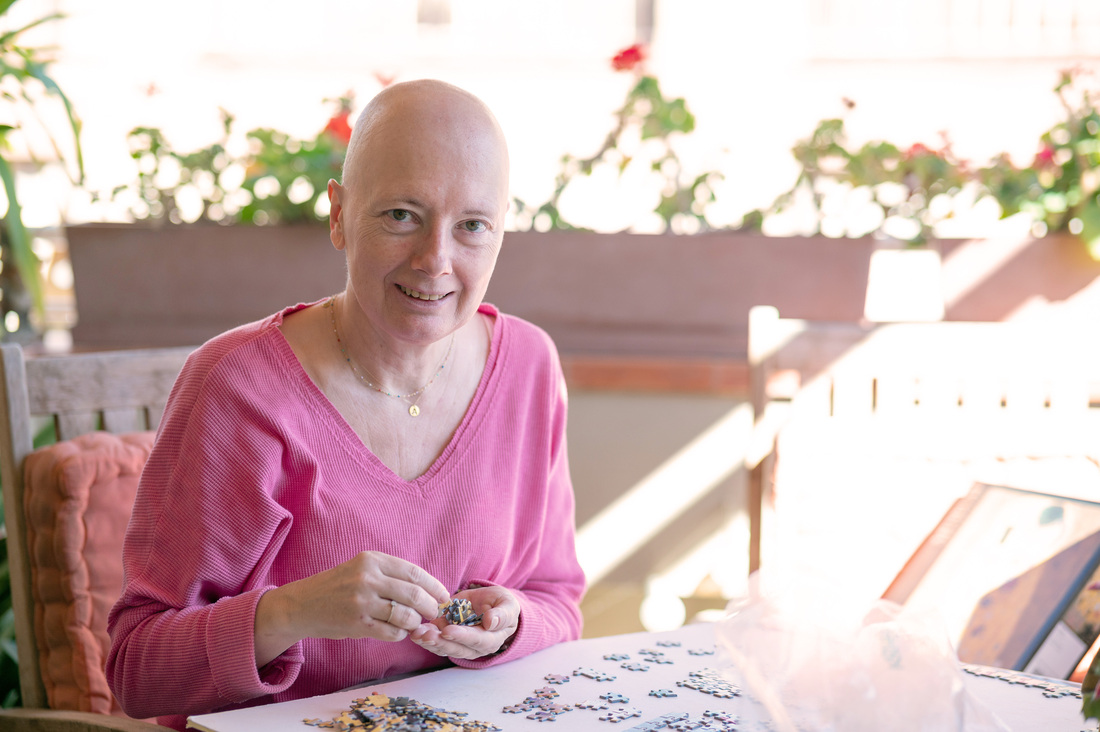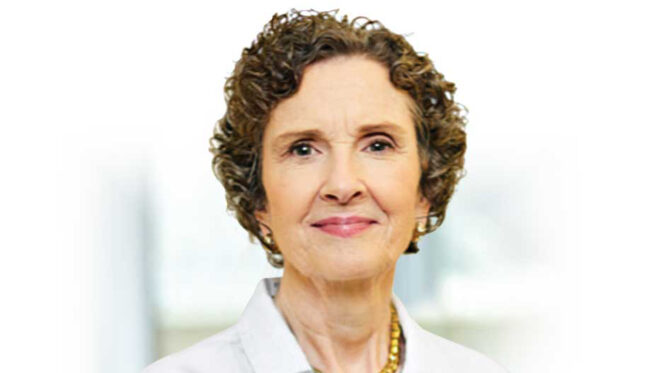
Intercepting breast cancer recurrence through weight loss
Philanthropic support launched a groundbreaking research study to explore the impact of weight loss drugs and breast cancer recurrence.
Addressing obesity and breast cancer recurrence
Breast cancer remains the second-leading cause of cancer-related death among women in the United States. While early detection significantly improves survival rates, the ultimate goal is prevention.
Research has established a strong link between obesity and breast cancer recurrence, highlighting an urgent need for new strategies to reduce risk in patients with obesity.
Can weight loss reduce breast cancer recurrence?
While advancements in early detection and treatment have significantly improved breast cancer survival rates, a critical unmet need remains: preventing recurrence in patients at high risk.
Research suggests that sustained weight loss may lower the risk of developing breast cancer, but no clinical trial has specifically tested whether medically assisted weight loss can actively reduce recurrence in breast cancer survivors. This gap presents a unique opportunity to explore a novel intervention that could fundamentally change the way breast cancer is managed.
To address this need, physician-researchers at Baylor Scott & White are pioneering new approaches aimed at changing this trajectory. Funded by philanthropy, the TRIM-EBC trial is a first-of-its-kind study exploring whether targeted weight loss can help eliminate microscopic cancer cells, reducing the risk of recurrence and improving long-term outcomes for patients.
The TRIM-EBC clinical trial
Led by Dr. Joyce O’Shaughnessy, Celebrating Women Chair in Breast Cancer Research, and Dr. Ronan Kelly, Chief of Oncology at Baylor Scott & White North Texas, the TRIM-EBC trial is evaluating if the new weight loss drug, Zepbound (tirzepatide), can eliminate circulating tumor DNA (ctDNA)—a marker of microscopic cancer in the blood.
Studies show that there are multiple pathways linking obesity to breast cancer, and that weight gain after diagnosis increases breast cancer mortality. However, researchers are exploring if tirzepatide-induced weight loss can prevent the development of metastatic disease within two years following detection of ctDNA in the blood. By studying patients who have already completed treatment but remain at high risk due to obesity, researchers aim to determine if a 10% or greater weight loss can significantly decrease or eliminate ctDNA, ultimately reducing recurrence rates.
If successful, this research could redefine breast cancer treatment protocols, reducing the risk of recurrence and improving patient survival rates.
This study aligns with the work of the Texas Cancer Interception Institute, which focuses on identifying and addressing early-stage cancers before they progress.
Your impact: Transforming the standard of care for breast cancer survivors
Philanthropy makes it possible to translate innovative research into real-world solutions, ensuring that these advancements can reach those who need them most.
Fully funded through philanthropy, the success of the TRIM trial hinges on support from generous donors. With your help, we can continue to push the frontiers of breast cancer research forward and offer renewed hope to patients and their families.
“Philanthropy has played a major role in advancing our understanding of the identification and treatment of breast cancer, as well as how to prevent its recurrence. Knowledge like this can advance treatment from the thousands of breast cancer patients Baylor Scott & White treats in Texas each year. On a much larger scale, this could benefit the tens of thousands of people who are overweight or obese and are diagnosed with high-risk breast cancer annually throughout the U.S.”
Joyce O’Shaughnessy, MD, the Celebrating Women Chair in Breast Cancer Research at Baylor Scott & White
For more information, contact
Featured stories
See how generous donors are making an impact in breast cancer research.

Intercepting breast cancer recurrence – Dr. Joyce O’Shaughnessy

York family turns personal journey into mission to transform cancer care







